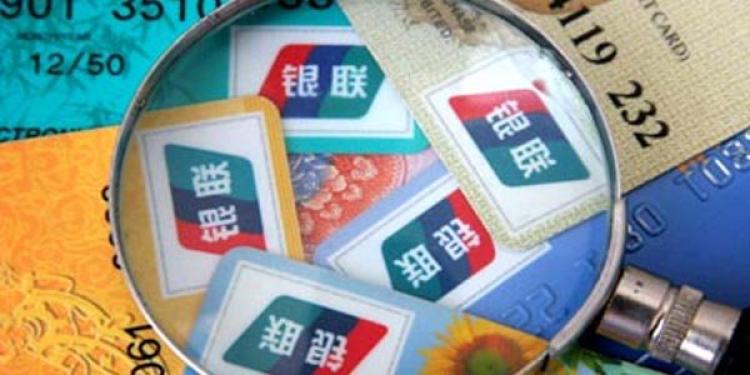Chinese Government Fights Macau Money Laundering Through Crackdown On UnionPay
Posted: June 3, 2014
Updated: October 4, 2017

Chinese government undertakes crackdown on UnionPay, the only legal domestic bankcard organization available to local gamblers, in an attempt to have control over the use of bank cards.
Trying to fight the widespread Macau money laundering practice, the monetary authorities gave casinos a deadline until July 1st to remove the illegal China UnionPay mobile swipe card devices inside their properties.
The reasons
The government was overburden with complaints from pawn shops and various lenders, which business went down by 40%, as punters who lose money no longer sell property to cover their gambling debts, but instead turn over to their bank cards.
Therefore, the crackdown was initiated, so that these concerns would be eliminated as well as the growing money laundering in Macau casinos.
Of course the crackdown is mainly directed to Macau, as there are:”hundreds of illegal hand-held payment devices used in and around the booming land casinos”, as reported in the gambling news in China. Analysts’ estimation about these devices is that they may have dealt with around $6.5 billion in 2013.
The crackdown is also supported by Beijing as part of President Xi Jinping’s anti-corruption campaign in Macau.
Various opinions
Initially, casino developers were extremely concerned about this new measure, after it was announced, but later on, following several reports on the issue, the situation is much calmer.
Chinese authorities on a raid against Macau money laundering schemes
• Crackdown on UnionPay was announced
• It is suspected that gambling revenues from 2013 were under-reported
• The opinions on the seriousness of the issue regarding the future of gambling business in Macau are divided
What the crackdown may cause is leaving bettors with fewer chips to play with, which would still encourage them to use their cards to buy various products and then exchange them for money at the pawn shops, which would solve the problem of the money lenders.
Morgan Stanley added: “Most of the people we met think that the news flow will have limited impact on gaming revenue”, after coming back from Macau and analyzing the situation there.
It shouldn’t be underestimated that currently only mobile devices are the prime target of the crackdown. However, if it expands and affects the pawn shops as well, it will have extremely serious impact.
Morgan Stanley analysts also claimed: “If gambling funds from pawnshops using UnionPay cards are completely shut down, the premium mass segment could be affected. Since premium mass contributes more than 30% of EBITDA for the market, we think that could have a negative impact on profit and stock prices for stocks under our coverage.”
Potential outcome
The South China Morning Post informed that gambling revenues from last year are most probably under-reported, having in mind that mobile UnionPay devices give users the opportunity to hide the gambled amount.
The SCMP published the district’s reported revenue of $45 billion for 2013, also quoting analyst who estimated that approximately a total of $90 billion could have been unreported over the years.
The publication also commented that Macau police have already performed some raids of casinos and the surrounding areas in the last months, and have confiscated devices and cash, as the problem was already getting overwhelming.
Additionally, Union Gaming Group, an investment bank, commented that there is a chance that Macau again implements stricter visa rules for visitors from mainland China.
However, D. Kim, BNP Paribas Hong Kong analyst, expressed more optimistic expectations: “The reported clampdown on UnionPay card usage will have no real impact on gaming demand as the clampdown is targeted at illegal use of mobile payment terminals and it has nothing to do with legally-installed UnionPay systems.”












